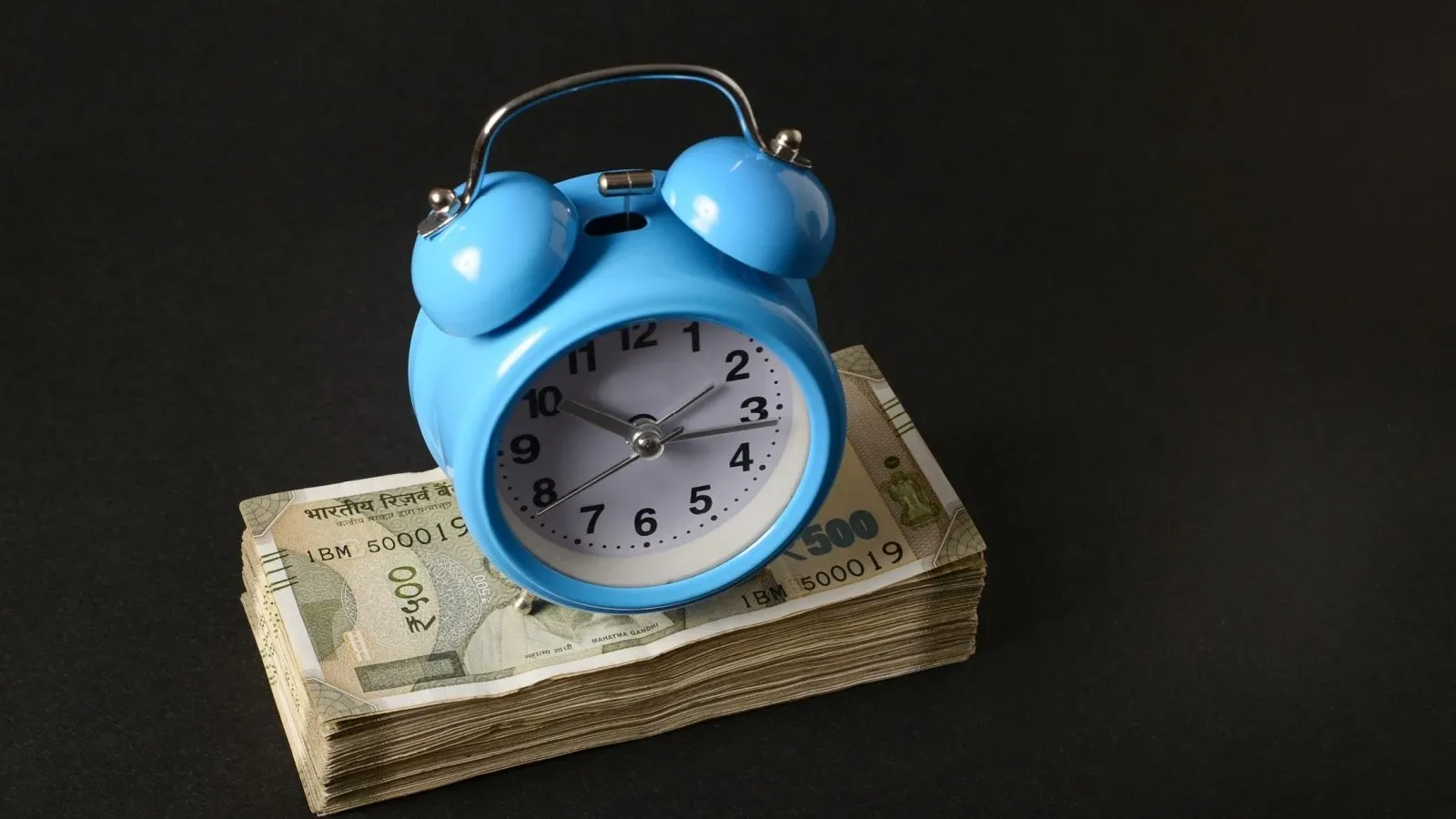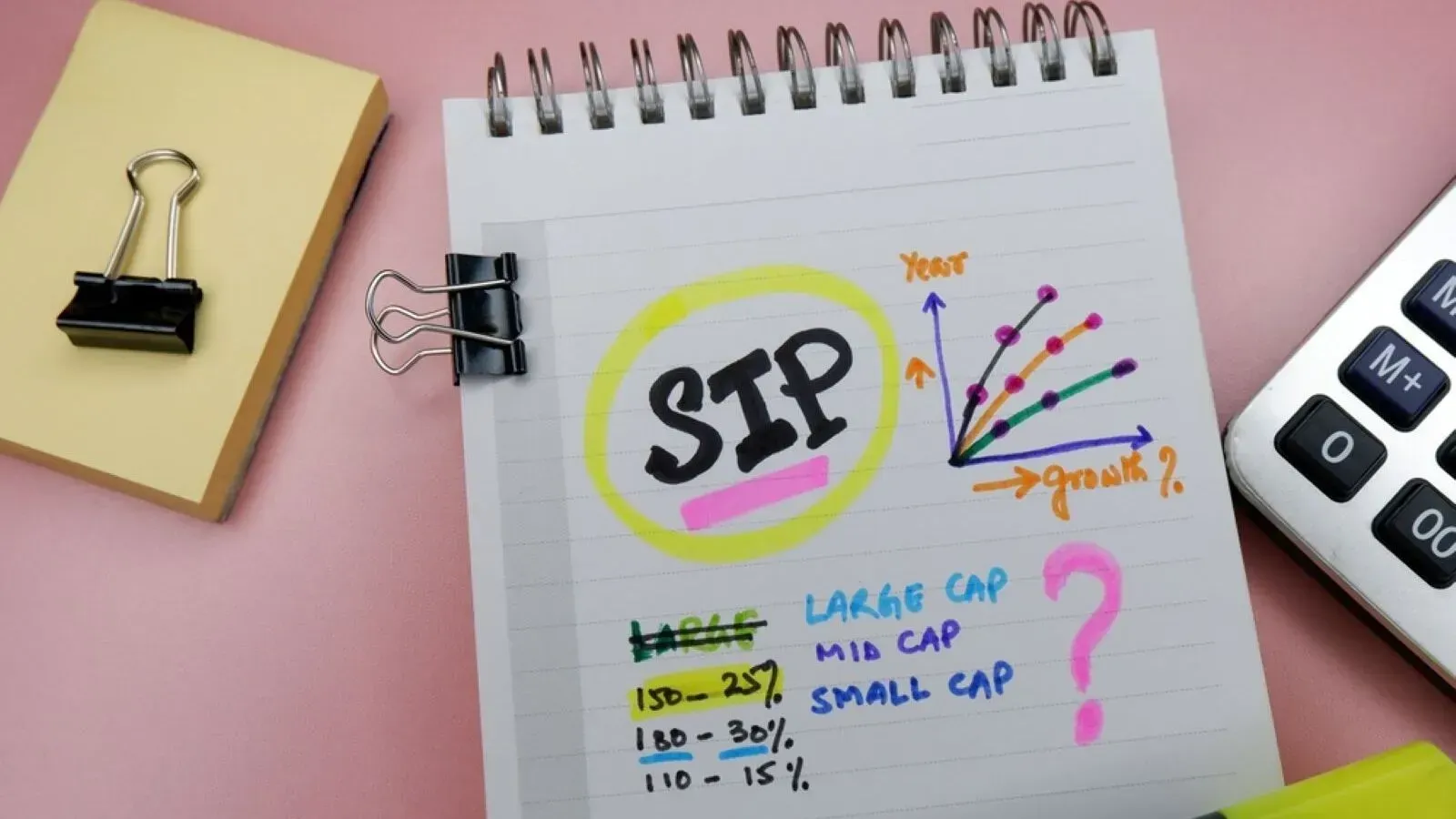Personal Finance News
Planning to invest in corporate fixed deposits? Here’s all you need to know
.png)
6 min read | Updated on September 01, 2025, 18:13 IST
SUMMARY
Corporate fixed deposits (FDs) aren’t secured by any government authority, which makes them a risky instrument. Further, in most corporate FDs, premature withdrawal isn’t allowed, and even when it is, penalties are charged.

The extra 1-3% interest that corporate deposits offer comes with a higher risk as compared to bank deposits.
Corporate fixed deposits (FDs) are term deposits offered by Non-Banking Financial Companies (NBFCs), Housing Finance Companies (HFCs) and other corporate entities held for a fixed period of time at fixed interest rates. These FDs usually offer higher interest rates than traditional bank FDs, ranging between 1 to 2% higher than bank FDs.
However, these FDs aren’t insured by any government body like how RBI’s Deposit Insurance and Credit Guarantee Corporation (DICGC) insures bank deposits up to ₹5 lakh per depositor in case of bank failure. Instead, the safety of corporate FDs depends on their financial health and credit ratings.
Ratings
Corporations must get their deposits rated by agencies like CRISIL, ICRA or CARE. The ratings indicate the likelihood of timely repayment of principal and interest, basically depicting how safe the deposits are. The ratings are in the form of AAA or AA, for example:
- AAA: The highest rating, indicating that the deposit is extremely safe and carries the lowest default risk.
- AA/AA+: A strong rating, depicting high safety.
- BBB: A lower rating signalling towards a higher risk of default when compared to AAA or AA-rated instruments.
- D: This means that the instrument carries the highest risk, indicating that it is either in default or expected to be in default soon.
Corporate Fixed Deposit interest rates
Here are the top 10 high-paying corporate FDs and their interest rates:
| Company | CRISIL/ICRA Rating | Maximum FD Rate (p.a.) |
|---|---|---|
| Bajaj Finance | CRISIL FAAA/Stable, ICRA MAA/Stable | Up to 6.95% |
| Mahindra Finance Ltd FD | CRISIL FAAA | 7.35% – 7.45% |
| Shriram Transport Finance Ltd FD | ICRA MAA+ | 7.65% – 8.40% |
| PNB Housing Finance Ltd FD | CRISIL FAAA | Up to 8.71% |
| LIC Housing Finance Ltd FD | CRISIL FAAA | 7.00% – 7.35% |
| HDFC Ltd FD | ICRA MAAA | Up to 6.45% |
| Housing & Urban Development Corp (HUDCO) FD | ICRA AAA | Up to 10.50% |
| Sundaram Finance Company FD | CRISIL FAAA | 6.97% – 7.50% |
| Muthoot Capital FD | CRISIL FAAA | 7.90% – 8.95% |
Risks of corporate FDs
There are many risks attached to corporate FDs. They aren’t secured by any government authority, and if a company faces any financial constraints or trouble, repayment of principal and interest might be delayed, or in worst cases, lost. Further, in most corporate FDs, premature withdrawal isn’t allowed. Even when it is, penalties are charged.
It’s also important to note that if any credit rating agency lowers the rating of a company or its financial instruments (like bonds, deposits), it may become riskier to invest in it.
Bank FDs vs Corporate FDs
Traditional bank FDs are quite different from corporate FDs. Here is a brief comparison noting diverse factors:
| Feature | Bank Fixed Deposits (FDs) | Corporate Fixed Deposits (FDs) |
|---|---|---|
| Issuer | Banks (Public/Private) | Corporates, NBFCs, Housing Finance Companies |
| Safety | High (regulated by RBI, insured up to ₹5 lakh) | Moderate (depends on company credit rating) |
| Returns | Usually 5-7% per annum | Usually 7-9% per annum |
| Liquidity | Easy to break, but with penalty | May have lock-in period, harder to liquidate |
| Risk | Low | Higher (linked to company performance) |
| Taxation | Interest taxable as per income slab | Same as bank FDs (taxable interest) |
| Senior Citizen Benefits | Extra 0.25-0.75% interest | Extra 0.25-0.50% interest (varies by issuer) |
Remember that the extra 1-3% interest that corporate deposits offer comes with higher risk as compared to bank deposits. One must check the credit ratings, financials of the company and the previous track record of its financial instruments before investing in a corporate FD.
Related News
By signing up you agree to Upstox’s Terms & Conditions
About The Author
Next Story



